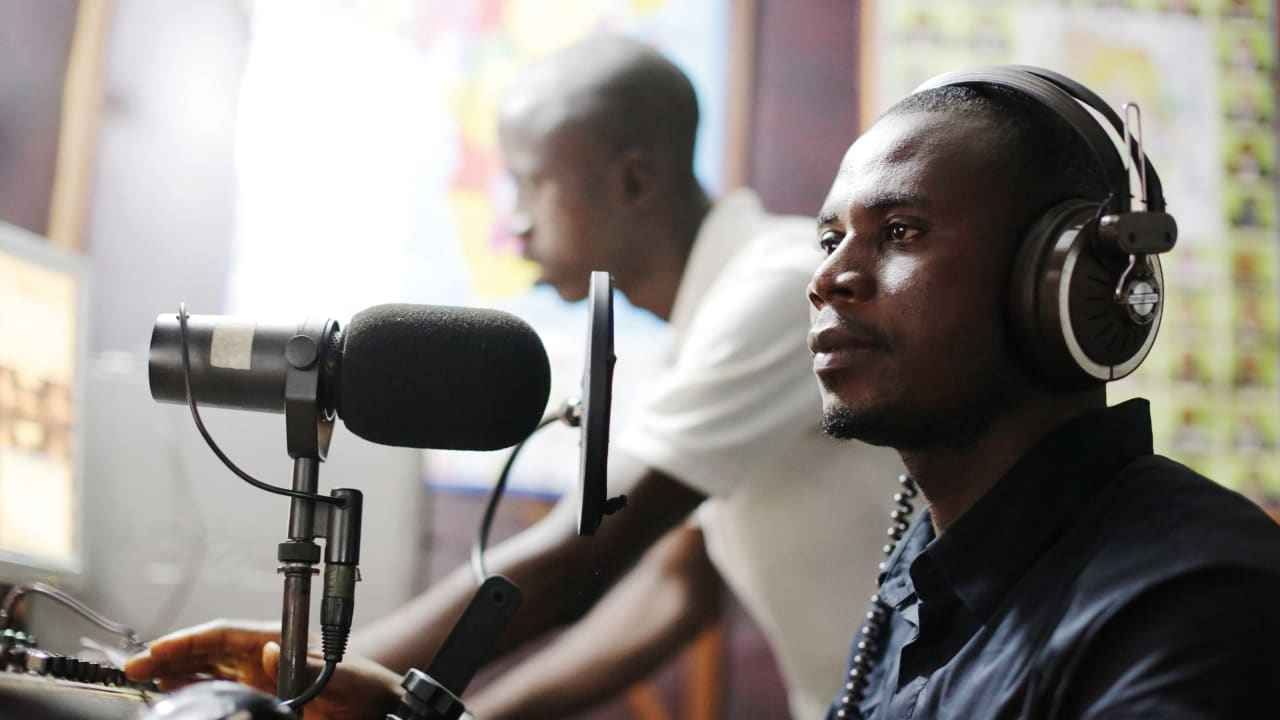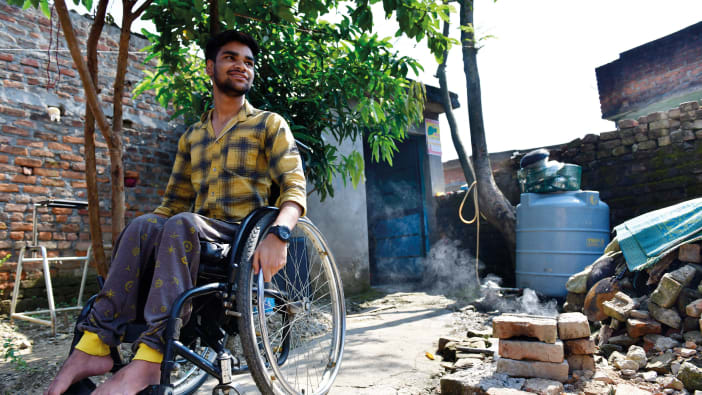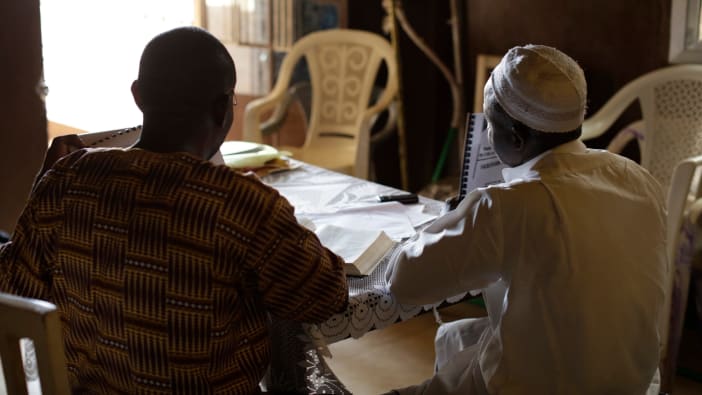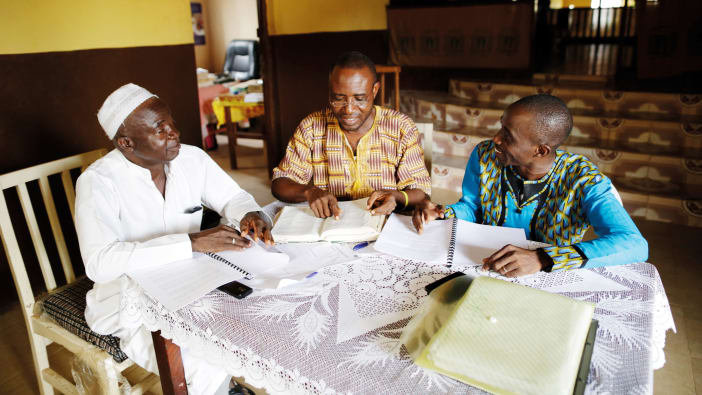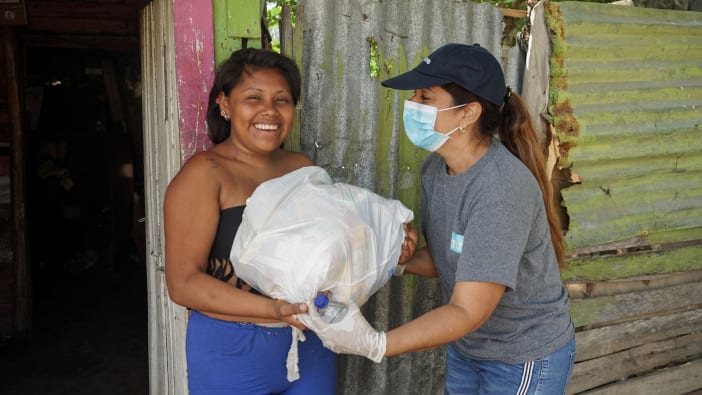An interview with Deogratias Mwakamubaya, Tearfund’s Ebola Response Coordinator in the Democratic Republic of Congo
Please tell us about Ebola.
The Ebola virus causes an acute, serious illness which is often fatal if untreated. The virus is transmitted to people from wild animals. It then spreads from person to person via direct contact with blood or body fluids from someone who is sick or has died from Ebola.
Symptoms can be sudden and include fever, tiredness, muscle pain, headache and a sore throat. These are followed by vomiting, diarrhoea and in some cases both internal and external bleeding.
The 2014–2016 Ebola outbreak in West Africa was the largest outbreak since the virus was first discovered in 1976. It started in Guinea and then moved across land borders to Sierra Leone and Liberia. The outbreak in eastern Democratic Republic of Congo (DRC) started in 2018.
How can Ebola be controlled?
Outbreaks can only be controlled if the community gets involved. Regular handwashing, disinfection of surfaces, early diagnosis and safe and dignified burials are all important. Monitoring the health of people who have been in contact with someone who has Ebola allows them to be treated straight away if any symptoms appear.
Patients receive a combination of medicines. The sooner they start this treatment, the more likely they are to recover. Vaccines to protect against Ebola are under development and have been used to help control the spread of Ebola in DRC.
What are the challenges in DRC?
Prior to the Ebola outbreak there were already many challenges including insecurity, limited access to safe water and child malnutrition.
When the outbreak started, some people did not believe Ebola existed because it was a new disease they had never experienced. The first symptoms of Ebola are similar to those of other common diseases such as malaria and typhoid. Some people were suspicious of the outsiders who arrived to help contain the virus. They accused them of profiting from the disease and spreading false information.
Sadly, this mistrust resulted in violence towards some of the people responding to the outbreak. The stigma associated with the disease stopped many people from receiving treatment when they needed it. Bodies were sometimes buried secretly. All of this contributed to the spread of Ebola in DRC.
How did you respond?
We worked with a network of evangelical churches to bring together people from different parts of the community in a workshop. This provided them with the opportunity to discuss why there was community resistance to the measures being put in place to reduce the spread of Ebola. They were then encouraged to propose actions to reduce stigma, halt the violence and help prevent the spread of the disease.
Following the workshop the participants worked together to regain community confidence. Today, important messages about how to prevent, identify and respond to Ebola are being shared much more widely, using clear language that everyone can understand.
We also worked with communities to build latrines, improve washing facilities and equip health centres. This included the building of isolation units, triage facilities and incinerators to manage solid waste.


